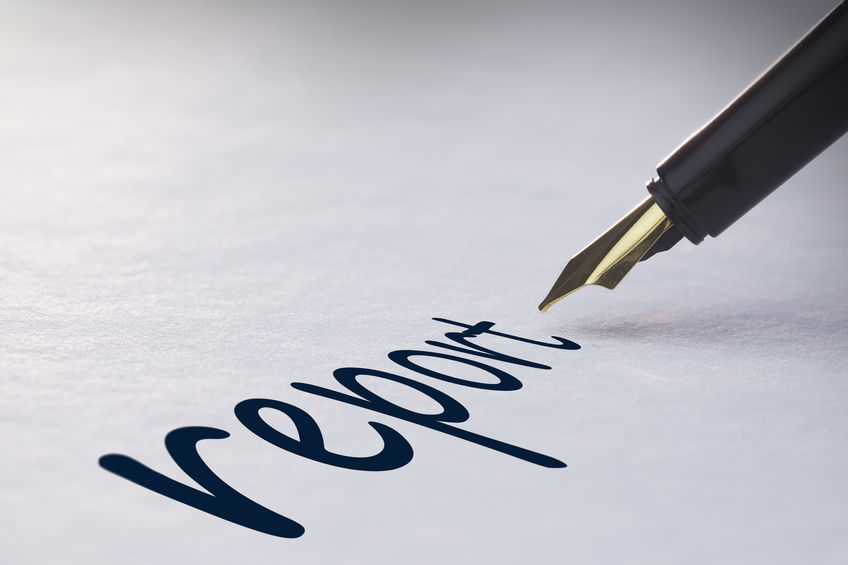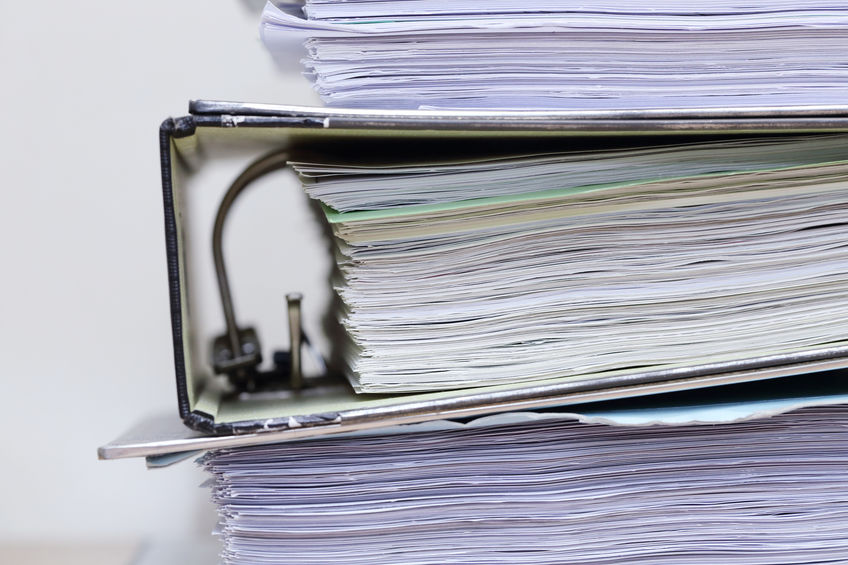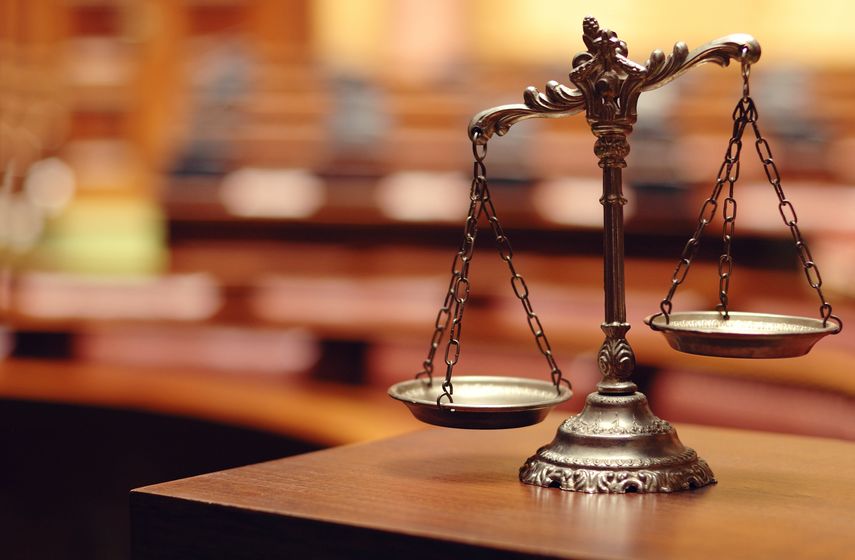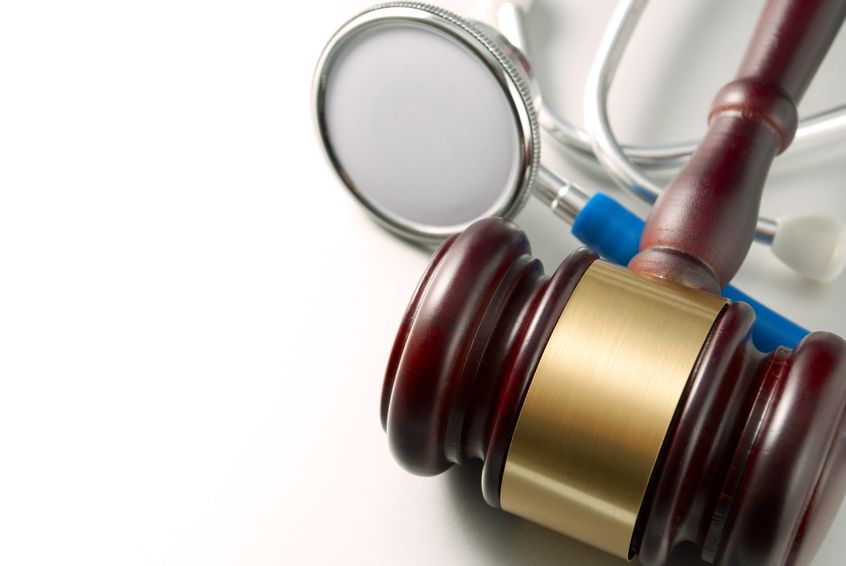
Preparing The Report For The Coroner
10th March 2020
Preparing For The Coroner’s Court As An Expert Witness
10th March 2020Possibly after receiving all the evidence, including the expert report, the Coroner may decide that the evidence leads to a conclusion and therefore the need for the expert to attend the,inquest is unnecessary and their evidence can be entered in a documentary form.
In many cases where an expert is instructed however, there may be issues that need to be addressed in court. Therefore even if the report is clear on the issues and the evidence that gives rise to the conclusions drawn in the report the Coroner may consider that there needs to be an opportunity for the opinion to be reviewed by the relevant parties and therefore requires attendance by the expert at the inquest.
While some accommodation of the other professional responsibilities of the expert may be considered by the court, as the Coroner has normally a schedule of the order of witnesses that they consider need to give evidence, they are likely to ask for the attendance of the expert at a specific point in the proceedings and support that by a subpoena (1).
The 2 different aspects of preparation when preparing for an inquest.
Logistic preparation.
While the former may seem trivial it is important as if due to circumstances such as traffic delays, difficulty finding the court in a strange city or not noting the time that proceedings are starting (especially when these can be altered at short notice) all lead to the expert arriving at the court in a less than calm state of mind and this unwelcome stress may impede them giving their best in the witness box.
It may be useful therefore to have a checklist prepared noting all the relevant information as it is received and if it is altered. Decide how to travel, when to travel; either on the day or the previous day, and the route needed including whether there are potential delays when for example chasing trains or caused by weather (and remember these arrangements may need to be altered if any of these relevant factors change).
Preparing to give evidence
Having done all the preparation it is good practice to have those arrangements (especially the overall fee that may be charged) given as an estimate to the Coroner and agreed as appropriate by the Coroner. Submission of such terms may lead to a discussion that may lead to arrival time being changed to accommodate a journey on the morning of the attendance rather than the previous day or arrangements may be made to allow evidence to be given by video-link rather than personal attendance if the court is remote from the expert’s normal place of residence (2).
Having made arrangements and had the estimate of costs agreed the expert should then turn their attention to the evidence they have reviewed and their conclusions from that evidence or the different conclusions that they draw depending on the facts decided by the inquest.
Normally by the time the expert has arrived at this point in a clinical negligence case their interpretation of the evidence, the various interpretations of the evidence will have been discussed with your instructing solicitor, the advocate presenting the case to the court and probable agreements and disagreement with another expert instructed for the opposing party. This means that the expert has had their views tested and the strengths and weaknesses of the evidence made plain.
When attending Coroners court no such testing may have arisen and the expert may not be aware of the potential weaknesses that an advocate could draw attention to. It is therefore imperative that the expert should review their report and any subsequent correspondence with a critical eye almost attempting for each element of their opinion if they could find support for the opposite view (it may be that in compiling the report that the expert has clearly pointed out opposing opinions based on consideration of alternative factual matters in the evidence).
How individual experts choose to record such preparation is a matter for them, but I consider that making some sort of written summary is both helpful and acts as an aide memoire before giving evidence.
The inquest
Having prepared well and arriving in good time allowing any stresses of the journey to reduce the expert should find the Coroner’s officer conducting the proceedings and introduce themselves. The expert will normally be asked how they wish to take the oath but if this is not requested the expert should make their wishes clear so there can be no embarrassment when entering the witness box.
Most inquests are conducted without a jury but there are statutory reasons when a jury is present and this should have been made clear when attendance was agreed.
Giving evidence in the Coroner’s Court is no different from giving evidence in any other court except that the remit of the court is limited to the questions required by law and the Coroner will intervene if an advocate tries to ask questions that do not pertain to determining the answers to these questions. The Coroner will re-iterate these at the beginning of the inquest or if the inquest is held over a number of days at the start of each day’s proceedings.
It is important for the expert to answer the questions asked but it is also important for any assumptions to be made plain and where that assumption is found in the evidence that the expert has reviewed.
In jury inquests there may be matters that advocates wish to raise with the Coroner such as about procedure or a line of questioning by another advocate and as in other tribunals with a jury such matters are normally heard without the jury present. This can lead to a disjointed presentation of the evidence and may require the expert to repeat the basis of an opinion after such an interruption.
Expert evidence is likely to be required where the Coroner has a view that a potential action or inaction has contributed to the death. If individual practitioners are possibly to be subjects of comments, especially if their employer considers they have stepped outside the processes that are in place, they may be given interested party status separately from their employer.
This can give rise to a single piece of evidence being interpreted differently and questioning of the expert on that evidence may suggest more than one interpretation of the evidence. It is important for the expert to be explicit when answering such questions to make clear to the court if there is evidence that does or does not support that interpretation without straying into determining those assumptions as fact.
After the Coroner and the parties have asked questions in a jury inquest the jury may have questions that are normally asked through the Coroner who will try to summarize the question. It is important if the jury appear to misunderstand a point of medical science, practice or treatment that the expert attempts to explain this when answering the question.
After the inquest
The findings of the inquest are public record and in my opinion it is important for the expert to see those findings and review their evidence in light of the findings. If there are findings of neglect and the investigation and inquest have led to media interest the conduct of the inquest and the findings may make either local or national media reporting. While the expert can never control the media the reporting both of the expert’s evidence and any findings should be reviewed by the expert as a personal de-brief to see how others have interpreted the evidence that the expert presented.
Conclusions
I started these articles about preparation, with the provocative question that the expert in the Coroner’s Court by the nature of the proceedings may consider that they are nobody’s friend. My view however is that far from this being a different position from the expert in adversarial proceedings where independence from the instructing party is a duty the role is the same even if on leaving the witness box after the inquest it may not feel that way.
Notes
1. There are also strict rules that can compel witnesses to attend and penalties for not doing so.
2. There are pros and cons of giving video evidence that are outside the scope of this article.
Brief CV of the author
Colin Holburn is a Consultant in Emergency Medicine since 1992. He qualified from Edinburgh University in 1981. He is a Fellow of the Royal College of Emergency Medicine and of the Royal College of Surgeons of Edinburgh.
He has been an expert witness since 1992 now mainly undertaking Clinical Negligence and Criminal work as well as providing Expert evidence for inquests. He is instructed both by Claimants and Defendants and by a number of Coroner’s. His interests cover the whole spectrum of Emergency Medicine including the initial management of head and spinal injuries including cauda equina.
Excerpt from an article, originally published in Expert Witness Institute Summer 2018 Newsletter.


